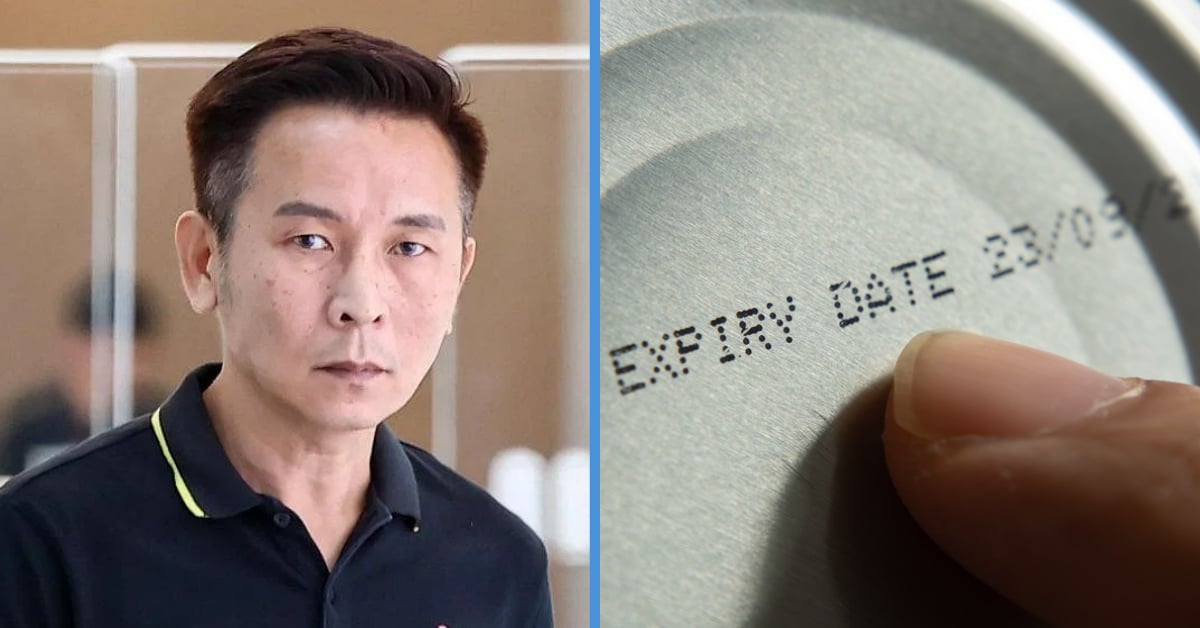Are you one of those arts & design fanatics who love to hop around art galleries or musical performances?
Do you also then upload aesthetic pics with your OOTD? After all, we’re all about amping up our feed game these days, right?
Well, sorry to burst your bubble.
Under a proposed change to the law, you may soon be legally required to credit videos or images you share online.
This means that performers and creators have to be identified and tagged in your uploads.
Our Current Copyright Act
Under the current Copyright Act, creators and performers have no say in being identified when their work or performance is published.
They can only halt their work from being wrongly attributed to another person.
As such, many businesses would profit from the creative efforts of artists, without attributing them.
Hello, don’t be a credit poacher leh. Not cool.
Also, remember how an uproar was caused when artists were ranked #1 as the most unessential in a The Sunday Times survey?
Hopefully, we can now give them the recognition they need. Period.
Why the change in law?
A Minister of Law spokesman told The Straits Times that it is critical for the general public to “identify our creators and performers wherever such information is available”.
This is especially key for amateur creators who are just starting out, who may not have commercialised their works yet.
Regardless of whether or not there’s a profit element, creators ought to be credited whenever their work is reproduced. After all, such exposure would help boost their reputation.
The spokesman also mentioned that up-and-coming creators and performers may also then be encouraged to continue producing creative works “for the benefit of society”.
When do we need to credit?
Attribution will be essential for the following works should the changes kick in:
- Literary
- Dramatic
- Musical
- Artistic (Including paintings and sculptures)
- Dance performances
- Songs performed by singers
- Book or poetry recitals
Note: The attribution has to be done clearly and prominently.
So don’t try to cut corners.
When do we not need to credit?
Of course, there are also exceptions where attribution is unnecessary.
Crediting of creators is not required for the following:
- Sculptures or statues that are permanently located in public places
- Buildings in public places
- Should a work is used for news reporting and judicial proceedings
- Provided a work shown in the video/photo is in the background and not in focus
- If a work shown cannot reasonably ascertain the creators’ identities
Measures to be taken if you don’t comply
If one does not credit the creator of a work (s)he uses publicly, the creator can ask to be identified.
Should you refuse to do so, legal actions to get credited may be imposed. You may also be tasked to financially compensate the creator if an income loss can be established.
TBH, there is no harm in crediting them, and it doesn’t take a lot of effort to do so.
So I don’t see why one would not act in accordance with the possible legislative change.
Possible repercussions from this law
Professor David Tan from the National University of Singapore’s Faculty of Law mentioned that he finds this “discomfiting”.
According to him, members of the public may be less inclined to share images and videos on social media. With people’s fear of potential legal implications, this could result in a lack of social communication.
Prof Tan also mentioned that this seems to be an “overly onerous requirement that is skewed too much in favour of creators who may not suffer significant economic harm from a lack of identification”.
Featured Image: GaudiLab / Shutterstock.com



